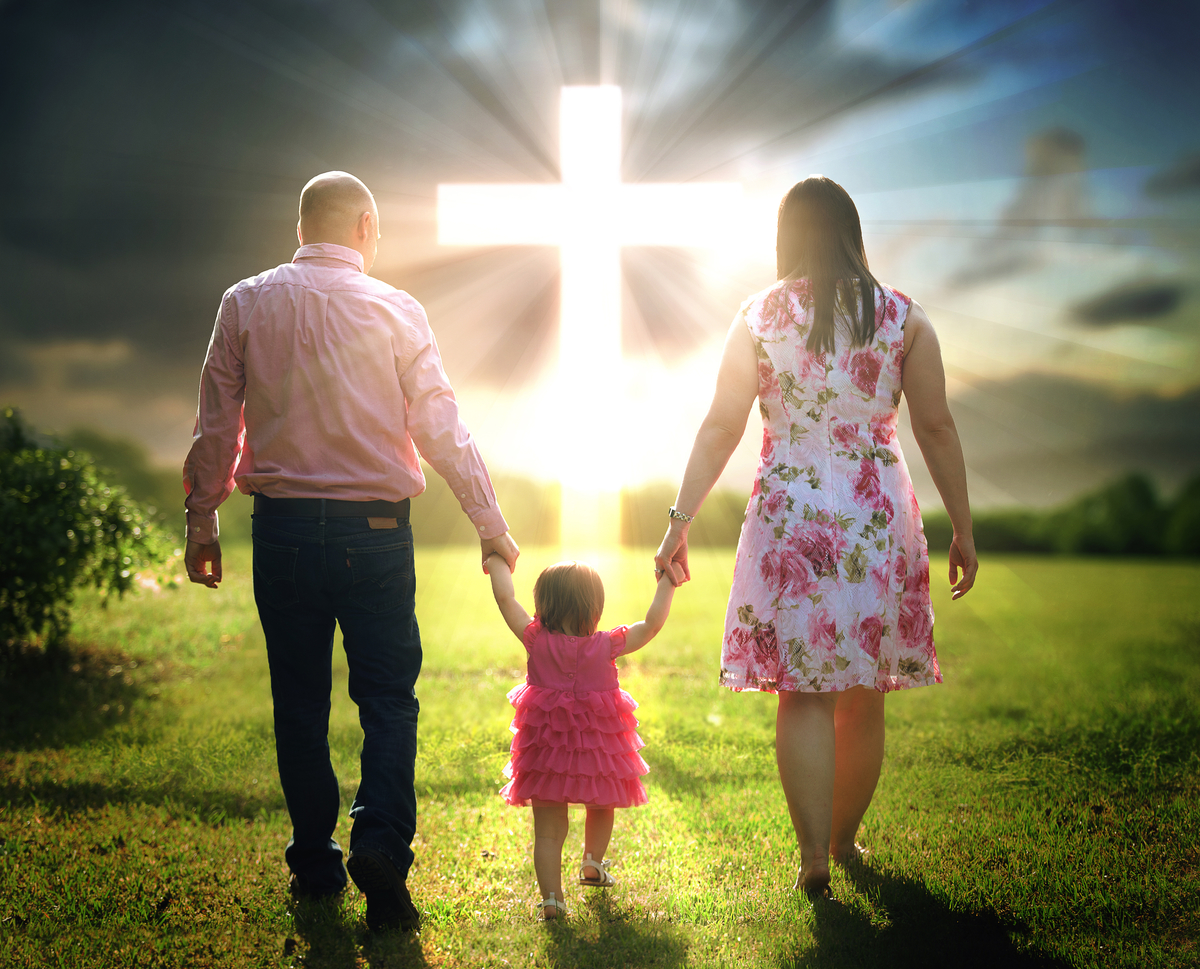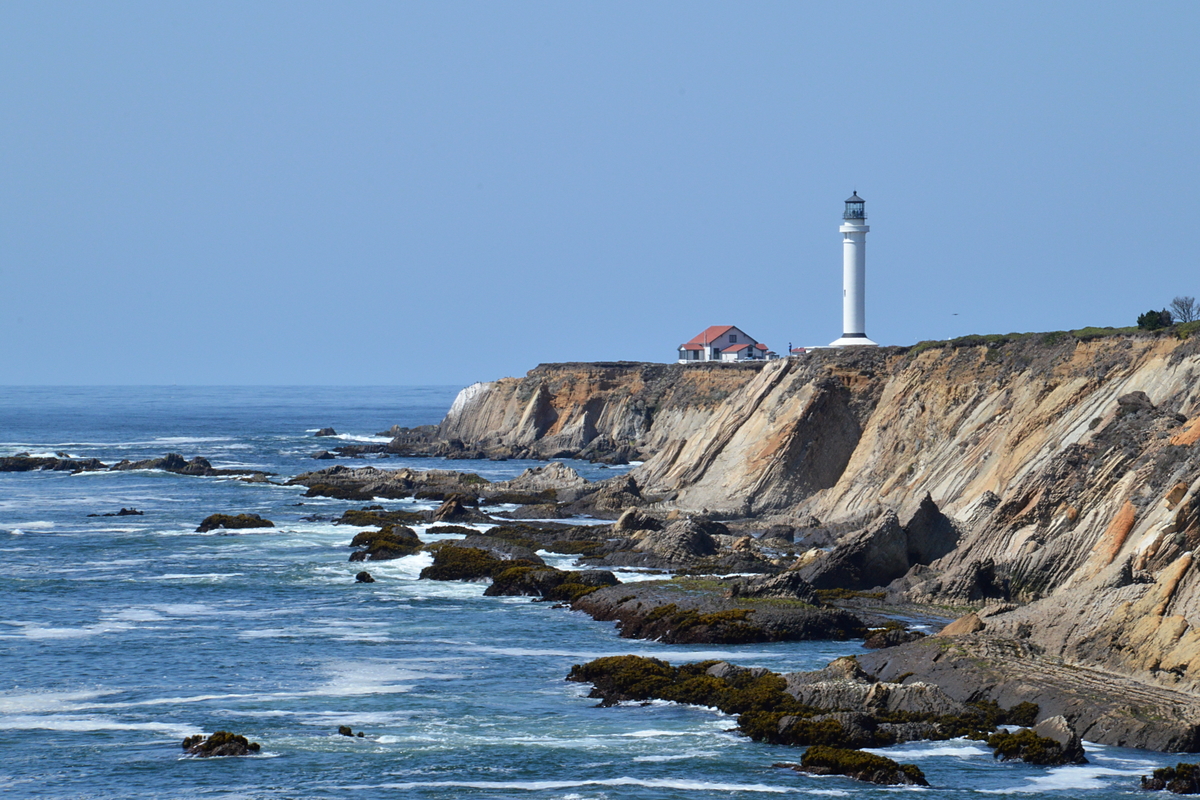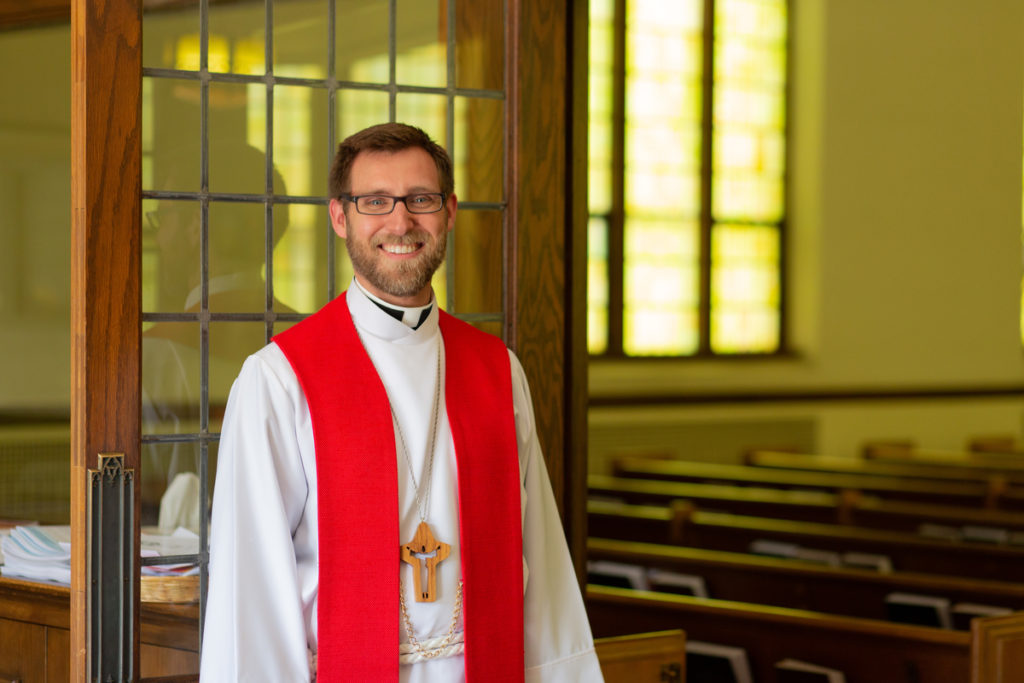“But according to His promise we are looking for new heavens and a new earth, in which righteousness dwells” (2 Peter 3:13).
If you have come to know these things, why do you keep living as though they were not true? How many of those who call themselves people of faith have lives that are no different than their unbelieving neighbors? Let the truth of the word dwell richly in you such that you are affected and live differently. Heaven and earth will pass away, and you shall either dwell with the Lord or apart from the Lord forever. How ought you to live, preparing for that day?
Lord, help me to have right priorities. Guide me to understand that this world really is temporary and that what I do here does affect who I will become. Guide me in the upward journey to focus upon becoming like Christ in and through all things. Lead me in Your goodness to not be so focused upon this world, but upon Your truth which leads me to where I am going.
Lord Jesus, You came to redeem us so that we are no longer captive to this world’s fleeting ideas. You have lifted me up through Your grace to be on the path of becoming like You. Guide me, dear Lord, so that I will focus upon what is right and fitting as I prepare to be with You forever. Lead me away from the temptations that would cause me to focus upon what this world offers me. Amen.



























This verse 3 Peter 3:13, when read in the -context of the passages before it, is
no doubt convicting of me. Yes, I am convictged down to every fiber of my
being by what the sacred text says, in the many places it does, about how
I life. I am also concerned that the above commentary by Jeffery Greene,
respecting his need for brevity, stops insidiously short of saying what this
Christian life should be about. Author and political philosopher James Skillen
spoke years ago about this saying that we are as Kingdom of God subjects
called to at least a two-tier enterprise in our time on this planet: we are called
to be both “sojourners” of course; our permenant home is beyond the skies
someplace, but we are also called to be “homesteaders;” this is the aspect of
my conviction centered at the heart of the reformational faith tradition. At the
crux of his personal struggles of his life of faith, Martin Luther, I believe, embodied
this ordeal present with us now; we struggle to find the balance. His struggle demonstrated
the tension we often encounter between a wholesome Christian spirituality truly seeking
the mind and life of Christ, and a worldview implcit in a lifestyle that’s more than some
kind of vision of a religious culture existing in a vacum.
WITH EDITS
This verse 2 Peter 3:13, when read in the -context of the passages before it, is
no doubt convicting of me. Yes, I am convicted down to every fiber of my
being by what the sacred text says, in the many places it does, about how
I live my life. I am also concerned that the above commentary by Jeffery Greene,
respecting his need for brevity, stops insidiously short of saying what this
Christian life should be about. Author and political philosopher James Skillen
spoke years ago about this, saying that we are as Kingdom of God subjects
called to at least a two-tier enterprise in our time on this planet: we are called
to be both “sojourners” of course; our permenant home not this world; indeed,
we look forward to a new Jerusalem, decending down and impelling this earth,
but we are also called to be “homesteaders;” this is the aspect of
my conviction that is centered at the heart of the reformational faith tradition. At the
crux of his personal struggles of his life of faith, Martin Luther, I believe, embodied
this ordeal present with us now; we struggle to find the points of integration. His struggle demonstrated
the tension we often encounter between a wholesome Christian spirituality truly seeking
the mind and life of Christ, and a worldview implcit in a lifestyle that’s more than some
kind of vision of a religious culture existing in a vacum or one of racial and social superiority
and privilage.
We are preparing for the world to come. When Luther was asked, “If you knew that Jesus would return tomorrow, what would you do today?” He said, “I would plant an apple tree. The saints before have left a wonderful example. The ones who are most heavenly minded often did the most upon this earth. The beauty of the theology Luther discovered is wrapped up in Simul justus et peccator, or, as I heard last week from a friend, “I am on both of Santa’s lists simultaneously. I need salvation but seek to behave as one saved (and that is assured in Christ) who is already saved. Thank you for pointing out the danger of hanging upon one verse and not the context of the whole. Brevity does not allow theological exposition, but these are each as they come and the whole paints a better picture. Tomorrow’s devotion heads in the other direction. Thank you for reading the devotions.